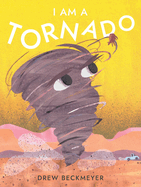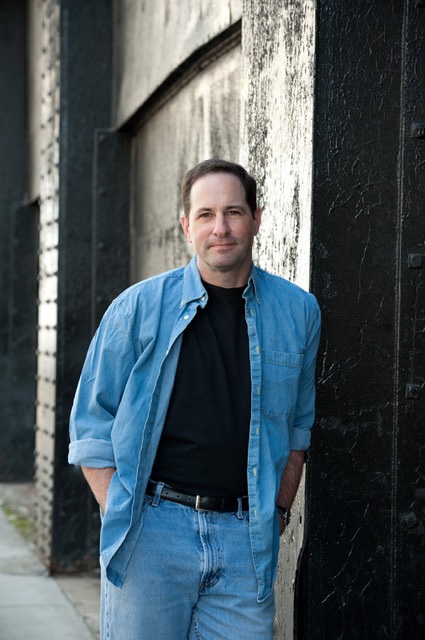 |
| photo: John Earle |
William Landay is the author of the novels Defending Jacob, which won the Strand Critics Award for best mystery novel; The Strangler, listed as a best crime novel of the year by the Los Angeles Times, Daily Telegraph and others; and Mission Flats, winner of the Dagger Award for best first crime novel. A former assistant district attorney, he lives in Boston. His fourth novel, All That Is Mine I Carry with Me (Bantam), is a family drama/psychological thriller that spans decades.
Handsell readers your book in 25 words or less:
What if I told you a crime story so "true" and so honest that it feels more like a memory than a novel?
On your nightstand now:
The Revolutionary: Samuel Adams by Stacy Schiff. Brilliant. The great media manipulator and dirty trickster--the true indispensable man of the Revolution, now mostly forgotten--forced out of the shadows where he preferred to remain, into the spotlight at last. (Key takeaway: he was never called Sam, always Samuel. "Sam Adams" is only a brand of beer.)
Favorite book when you were a child:
Let's say when I was a young man rather than a child, because I don't remember any books from early childhood.
The Razor's Edge by Somerset Maugham. Like a lot of men in their 20s, I wanted to be like Larry Darrell, but I wasn't as brave.
Your top five authors:
F. Scott Fitzgerald, Ernest Hemingway, Graham Greene (particularly The End of the Affair), Ian McEwan, J.D. Salinger.
But if you ask me again tomorrow, I may give you a different list. (Jane Austen, Philip Roth, John Updike, Colm Tóibín, George Orwell, Hilary Mantel...)
Book you've faked reading:
Can't think of one off the top of my head, but I'm sure I've done this many times. I'm a painfully slow reader, and as I've gotten older, I've become less determined to push through to the end of a book that I'm not enjoying. So I have lots of candidates. On the other hand, I don't think there's any stigma in skipping the classics if you're not enjoying them. Personally I've made multiple runs at War and Peace and Middlemarch, and never penetrated either one. Maybe someday. (I'm young yet.)
Books you're an evangelist for:
Hilary Mantel's Cromwell [Wolf Hall] series. J.D. Salinger's Nine Stories.
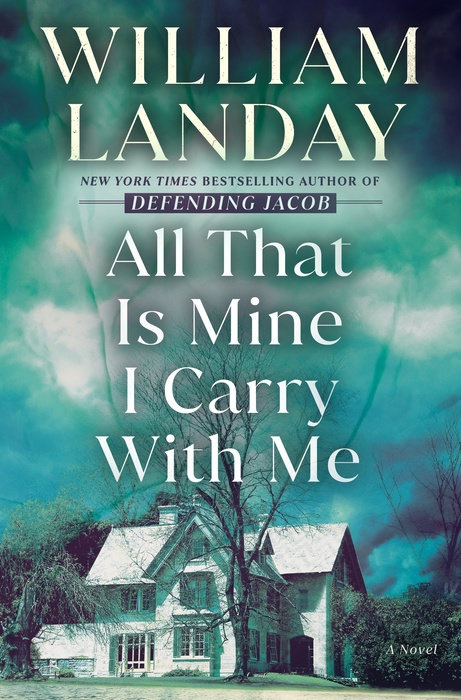 Book you've bought for the cover:
Book you've bought for the cover:
Jaws. One of the all-time great covers. (Honorable mention: all the pulpy Mickey Spillane paperbacks my dad kept in the basement. Thanks, Dad.)
Book you hid from your parents:
Never hid a book from my parents. A few magazines maybe, but that's a different story.
Book that changed your life:
Lonesome Dove by Larry McMurtry. Not for the book itself, though, but for when it came into my life. I read Lonesome Dove when I was in law school, and it quickly became one of my all-time favorites. (Still is.) Of course, I was reading dry-as-dust legal writing all day and roaming the range with Gus and Call at night, so the contrast could not have been sharper. I had a bookish classmate who also loved Lonesome Dove, and we got into a long discussion about the relative merits of novel-writing vs. lawyering. The issue was: Is it better to be a lawyer or a novelist? The lawyer, no matter how masterful, will create nothing enduring or beautiful, just a few virtuosic, ephemeral, largely unwitnessed performances in court, or a few legal briefs to be read once and tossed in the trash. The novelist, it's true, probably won't create anything of lasting worth, either. But he might, just might leave that one immortal, transcendent book like Lonesome Dove. Shorter version: Would you rather be F. Lee Bailey or Larry McMurtry? To me, the answer was obvious. I had not even considered writing novels before then. After, I could not stop thinking about it. And thus America lost what it so desperately needs: another lawyer.
Honorable mention: The Sun Also Rises, which precipitated a Lost Generation fetish and a deeply held conviction that all my problems would vanish if I could only go to Paris like Hemingway. Spoiler alert: they did not.
Favorite line from a book:
Again, it's hard to pick just one. But let's go with this:
"It's me jaysis name."
The line is from Roddy Doyle's The Commitments. I'm sure I'm not spelling it the way Roddy did, and I can't remember which character said it either. But I remember reading that line and laughing out loud. The writing was so vivid and stylish and fun, and the dialogue was rendered so credibly, that you could hear the voices in your head. I mean that literally: it was a kind of auditory experience. I turned to a friend sitting nearby and said out loud, "It's me jaysis name!" I'd give my right arm to have written that line.
Five books you'll never part with:
I would have no problem giving away any book. One thing that writing has taught me is that a book exists apart from any particular physical copy of it. I am not a collector. I think books should be passed around and reread constantly. We should not be precious about books as things; we should think of them as experiences. We should wear them out, like old jeans. Nothing is as lovely as a worn-out book.
Book you most want to read again for the first time:
Gatsby.
One of the mistakes we make in teaching kids to love literature is putting Great Books in front of them at an age when they are unlikely to appreciate them. I must have read The Great Gatsby first as a high-school freshman, maybe even in eighth grade. I just was not ready to feel the book then, to be moved by it as I would be now, both its artistry and its theme, the sorrow and regret of looking back in time.
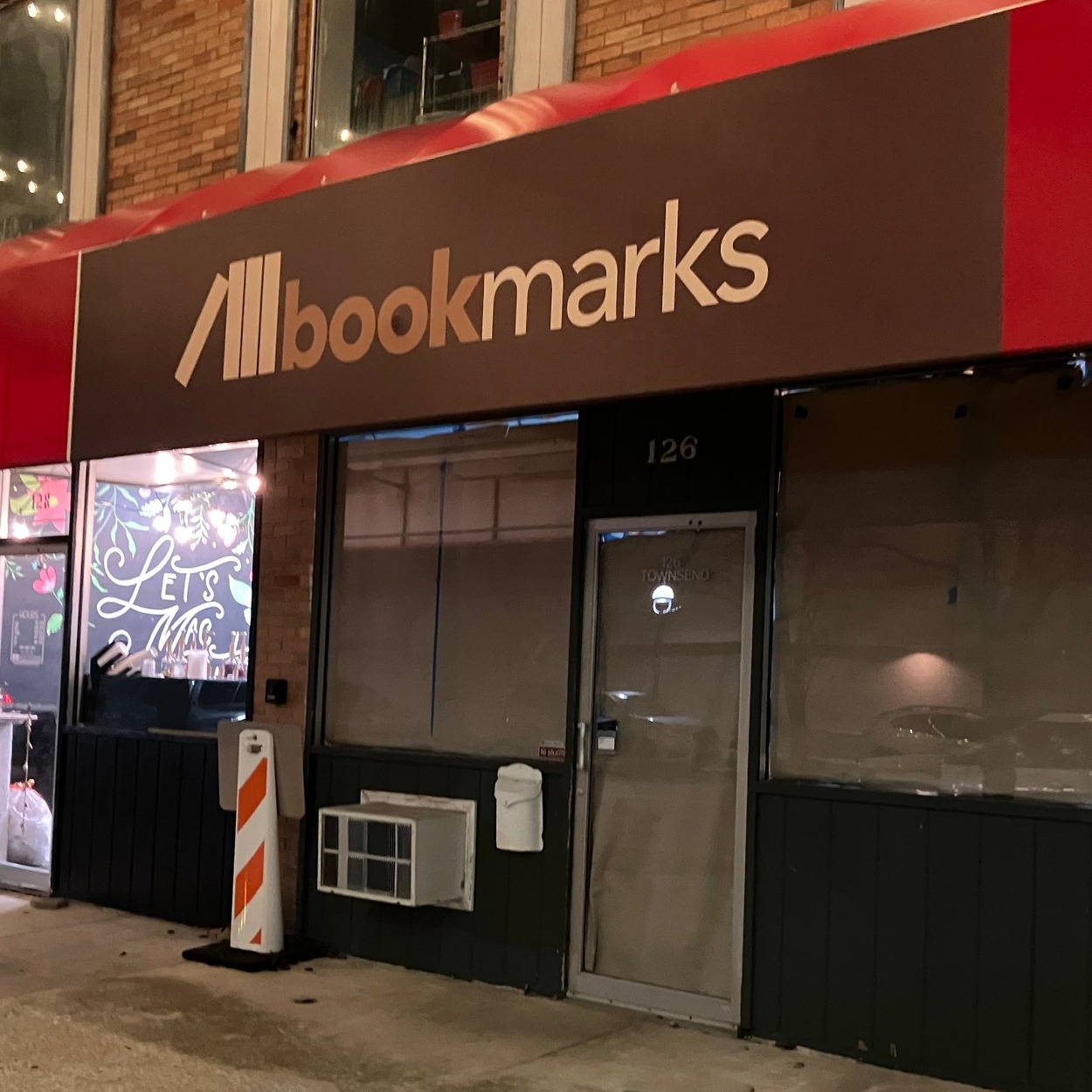 Bookmarks, a new and used bookstore coming to downtown Midland, Mich., is set to open in a limited capacity this coming Saturday, April 1, MLive reported.
Bookmarks, a new and used bookstore coming to downtown Midland, Mich., is set to open in a limited capacity this coming Saturday, April 1, MLive reported.




IPC.0204.S3.INDIEPRESSMONTHCONTEST.gif)




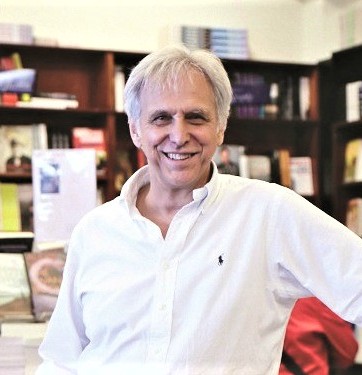
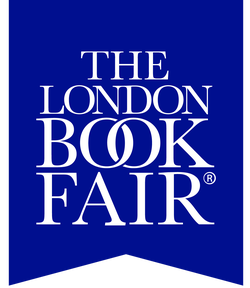
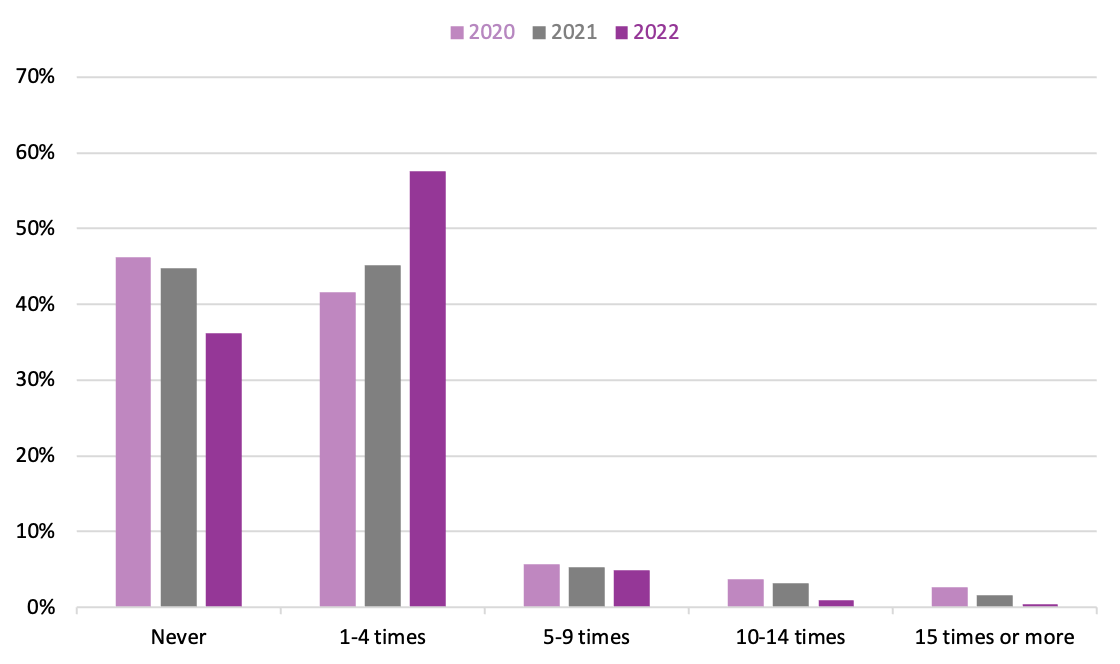 In Canada,
In Canada, 

IPC.0211.T4.INDIEPRESSMONTH.gif)
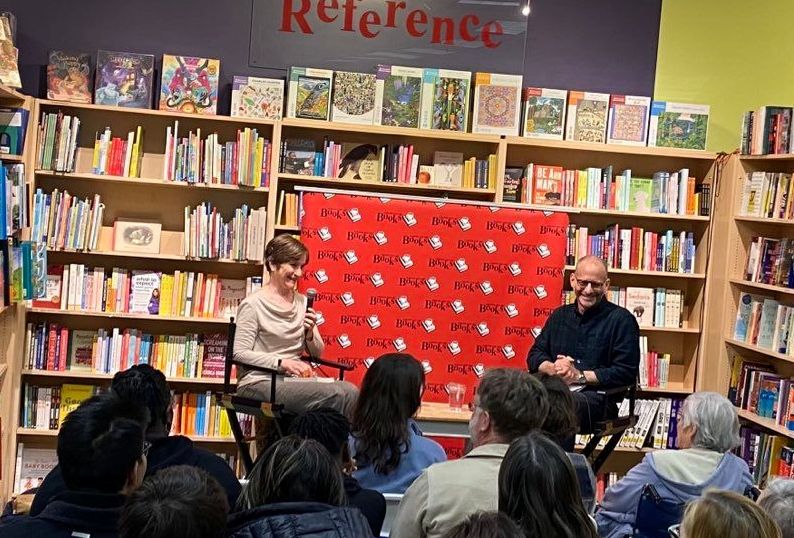
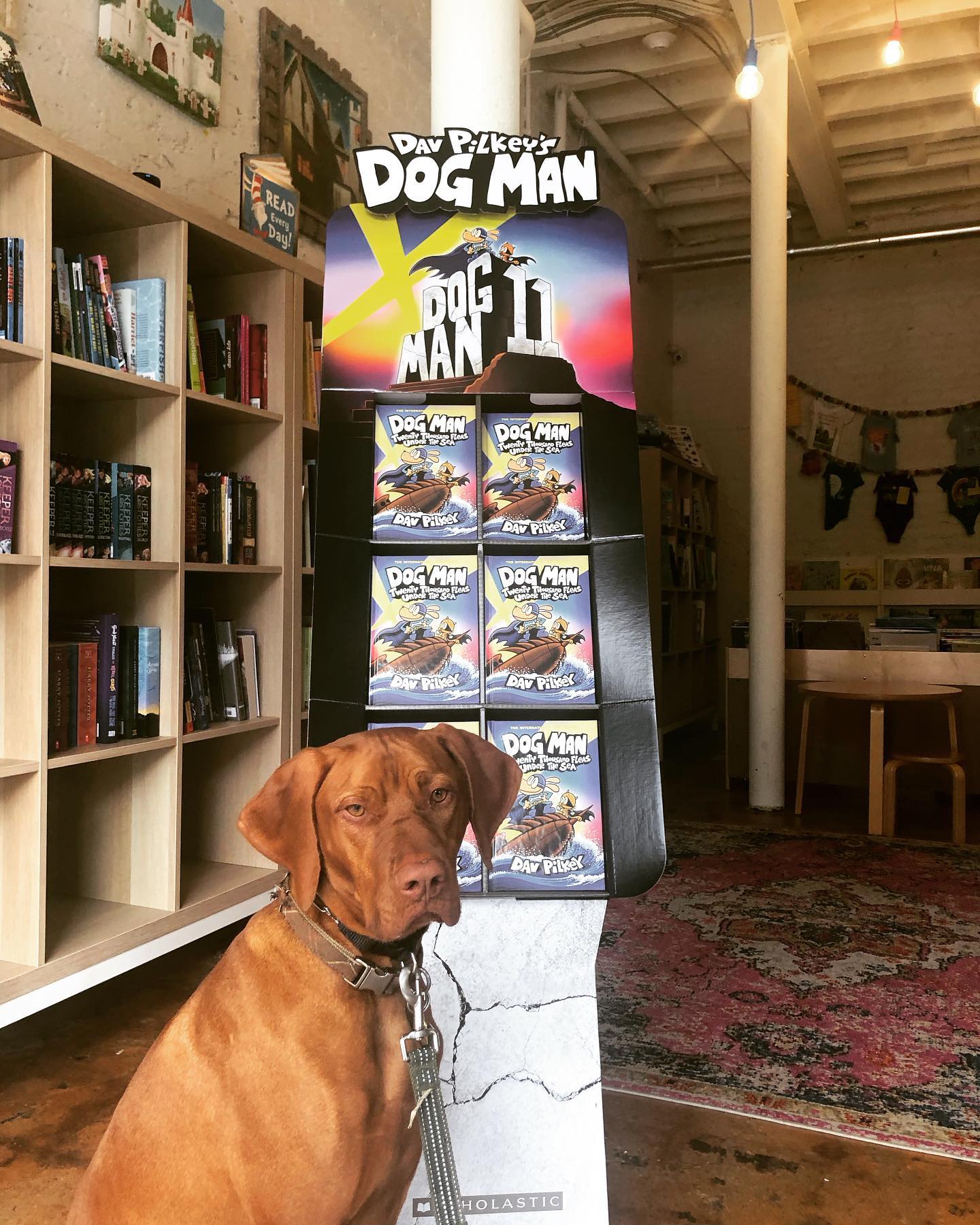 "Today's the day! Dog Man 11 is out today and
"Today's the day! Dog Man 11 is out today and 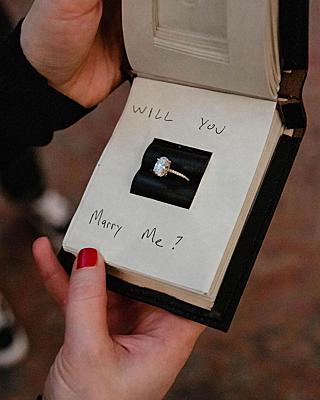 "
"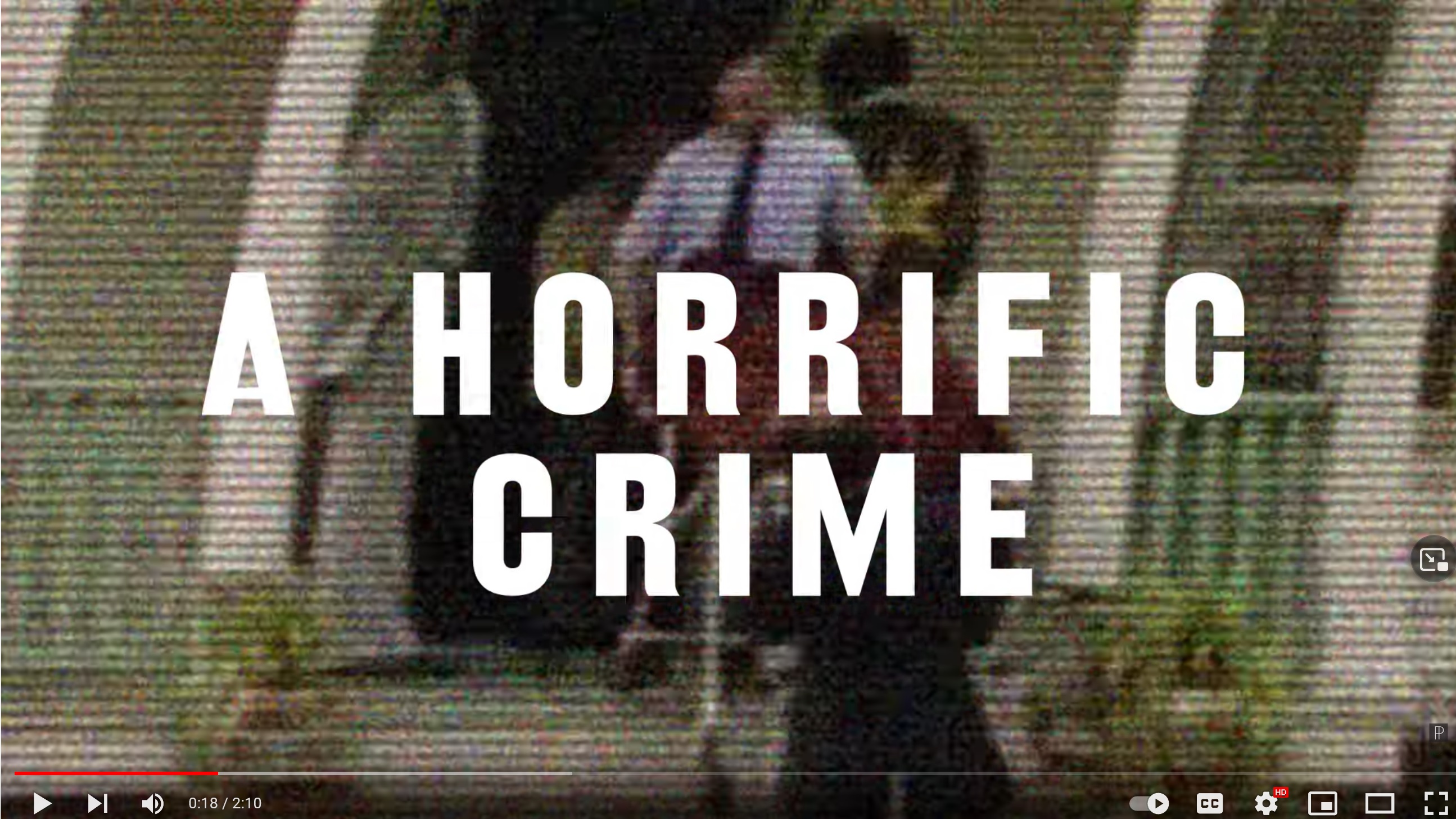 Seventy Times Seven
Seventy Times Seven
 Book you've bought for the cover:
Book you've bought for the cover: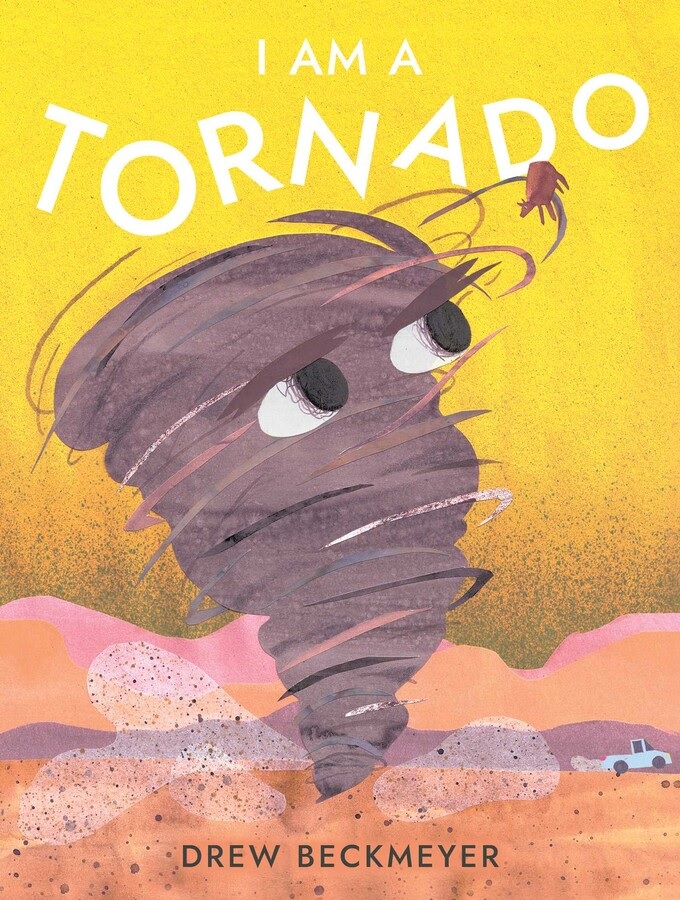 Could it be that what's behind a tornado's fury isn't a meteorological imperative but an anger management problem? So conjectures Drew Beckmeyer (The Long Island) in I Am a Tornado, which is so hilarious and psychologically astute that any other authors contemplating a picture book about a cow playing therapist to a whirling windstorm should probably think twice, as their offering is unlikely to measure up to this one.
Could it be that what's behind a tornado's fury isn't a meteorological imperative but an anger management problem? So conjectures Drew Beckmeyer (The Long Island) in I Am a Tornado, which is so hilarious and psychologically astute that any other authors contemplating a picture book about a cow playing therapist to a whirling windstorm should probably think twice, as their offering is unlikely to measure up to this one.